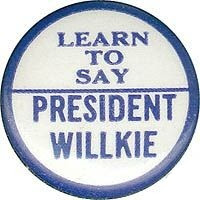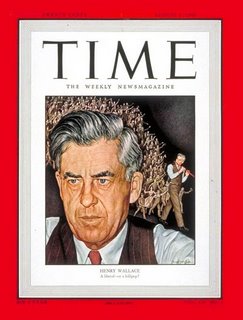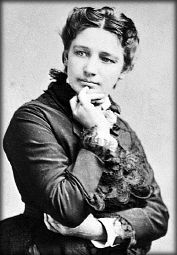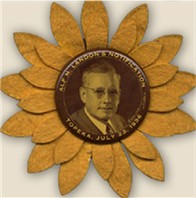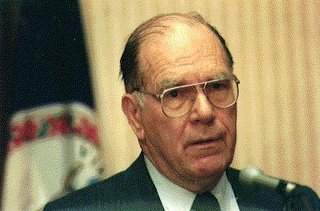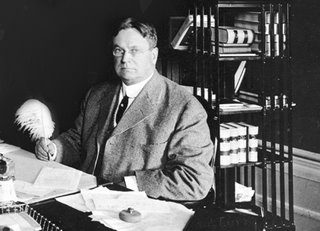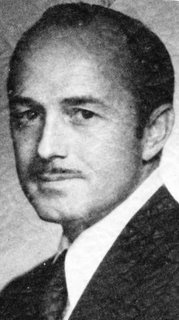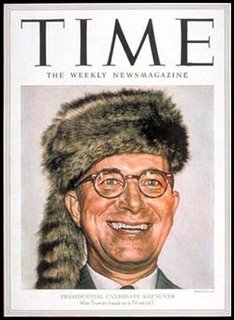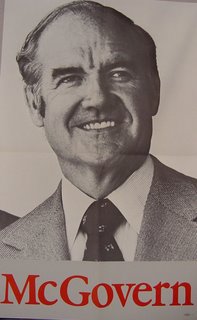
We had barely recovered from Halloween in Napa, its inevitable San Francisco repercussions, and the great grinning mania of Election Day -- when sitting in our local grill the other day, looking up from our pints of Bass Ale, my wife and I suddenly noticed that the bar had already been decorated for Christmas.
Silent Night played softly in the background, while someone on Fox News was announcing that Steny Hoyer had been elected House majority leader.
"All is calm, all is bright . . ."
Okay -- so it seemed a little early to be thinking about Christmas, but that's a well-worn cliche at this point. The question is why -- why do our friends in commerce feel the need to initiate the celebration of Christmas some time after Election Day and well before Thanksgiving? And why do I have the sneaking suspicion that Christmas will start being celebrated just before Labor Day by 2010?
I think the main reason for "Christmas drift" has to do with the size of Christmas today, as compared with the size of Christmas 35 years ago. When I was a kid, we threw up a tree and put the big colored lights on the facie of the house, we practiced the school Christmas show for a week, sang some songs, and opened up presents on Christmas Day. That was it. Today, the logistics and scale of Christmas for the average family seems to have exploded from that simple sequence into something that compares favorably to a major public construction project. It is now, of course,
de rigueur for every middle-class American family to have its own personal
Holiday on Ice pageant, combined with the Macy's Thanksgiving Day Parade, Space Mountain and
The Price is Right -- until, all swirled up, it feels a lot more like a holiday edition of
Survivor. In one's own family room. You can't pull that off in just a week.
This is no different, in fact, from what has happened with presidential election campaigns. In 1952, Adlai Stevenson wasn't even sure he was running for president as late as April -- a mere seven months before he nearly won the popular vote in the general election. Fast forward to 2006: we've just had a mid-term election, the coffin lids haven't even been nailed down on losing incumbents like George Allen and Rick Santorum yet, and here, 22 months before the 2008 presidential election, we have John McCain, Rudy Giuliani and Tom Vilsack already forming exploratory committees. Spending on all campaigns for federal office has mushroomed from less than $250 million in 1952 to $3 billion in 2000. Bigger almost always means more time.
But I digress. As I started to think about the simplicity of my own childhood Christmases, inevitably my mind turned back to a classic among Christmas music albums, a tiny gem of an LP that we would play on our little portable turntables in our little suburban bedrooms. I am speaking, of course, about
Christmas with the Chipmunks (Vol. I), originally released in 1962.
This was pure low-tech fun of the kind today's children can barely appreciate. In fact, once you got the hang of what producer Ross Bagdasarian was doing with recording and playing speeds, you could turn all your parents' Andy Williams or Vikki Carr albums into Chipmunks records by flipping the turntable speed switch from 33-1/3 to 45. Try doing that on your iPod. (As comedian Patton Oswalt has famously observed, you could also turn your Chipmunks album into
"three normal, monotone guys singing a song about Christmas," with Ross Bagdasarian as the Chipmunks' impresario, David Seville, sounding like a
"demon from the ninth level of murderers and traitors," by turning the switch from 33-1/3 to 78. He's not lying.)
How can you not just break out into a silly smile listening to the album's first song, "The Chipmunk Song (Christmas Don't Be Late)"?:
(All right you Chipmunks! Ready to sing your song?
-I'll say we are!
-Yeah!
-Let's sing it now!
Okay, Simon?
-Okay!
Okay, Theodore?
-Okay!
Okay, Alvin? Alvin? ALVIN!
-OKAY!!!)
Christmas, Christmas time is near
Time for toys and time for cheer
We've been good, but we can't last
Hurry Christmas, hurry fast
Want a plane that loops the loop
Me, I want a hula hoop
We can hardly stand the wait
Please Christmas, don't be late.
(Okay fellas get ready.
That was very good, Simon.
-Naturally.
Very good Theodore.
-Ahhh.
Ah, Alvin, you were a little flat, watch it.
Ah, Alvin. Alvin. ALVIN!
-OKAY.)
That, my friends, was a song that spent four weeks on the top of the charts. Critic Stanton Swihart says the tune has
"the allure of an old Italian love song."
With fine familial harmonies, Alvin, Simon and Theodore have always seemed to me like a cartoon version of the Beach Boys. This was brought home to me in high relief with the release of the
Help Me Ronda Sessions not too long ago, in which Murry Wilson, father of Brian, Carl and Dennis, arrives in the middle of the session and manhandles the boys, drunkenly berating and humiliating them by turns for their lack of discipline. "David Seville" did much the same thing with the Chipmunks, only without the Chivas on his breath, and perhaps without so much out-and-out abuse or such far-reaching psychological effects on his young charges.
Whatever the psychodramatic backstory, here it certainly produces some charming results. The Chipmunks' covers of "Frosty the Snowman," "Here Comes Santa Claus" and "Over the River and Through the Woods" are startlingly wide-eyed and innocent in their embrace of the Christmas holiday -- they are irresistibly quirky reminders of an elegantly simple flavor of a child's Christmas Past that lasted little more than a decade or so within American culture . . . a kind of Eisenhower Christmas before the intrusion of the Holiday Industrial Complex, if you will.
If I could get away with it, I would block Christmas out of my mind until December 19 or so, and then enjoy it to the hilt by wrapping gifts and listening to albums like
Christmas with the Chipmunks. As you may recall, however, I sold all of my LPs to make room for my wife's collection of Christmas decorations. So if anyone needs me today, I'll be out front reassembling the digital holographic audio-animatronic nativity scene.
Labels: Classic Pop Music, Holidays, Pop Culture, Presidential Campaigns








